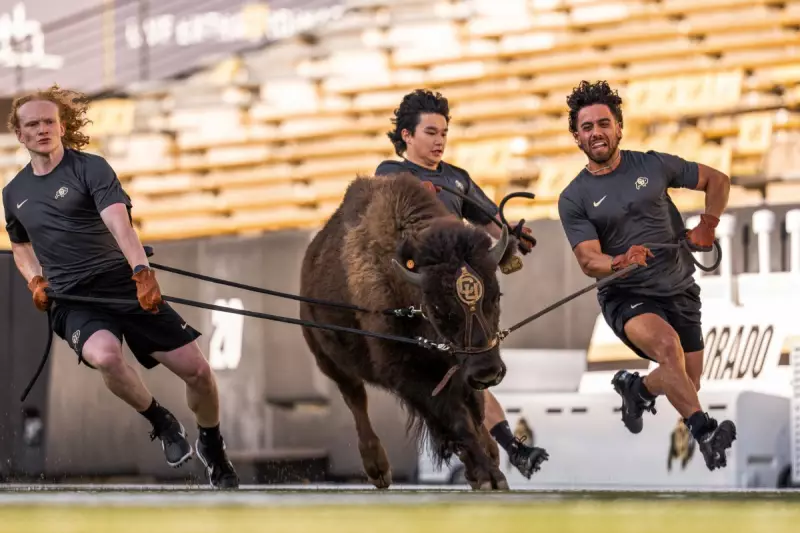
The University of Colorado Museum of Natural History has been forced to abandon a high-profile fossil dig in Wyoming before it even began, following a stern legal warning from state officials. The abrupt cancellation highlights the increasingly complex and contentious battle over fossil rights and excavation protocols in the American West.
The controversy began when the university's museum publicly advertised a 'Paleontology Dig Venture' for paying volunteers. For a fee of $3,000, participants were promised a week-long experience digging for fossils on state land in Wyoming. This commercial approach immediately raised red flags.
A Formal Legal Challenge
The Wyoming State Geological Survey swiftly intervened, issuing a formal cease-and-desist letter. Officials clarified that while educational institutions can obtain permits for scientific collection, the commercialisation of the process is strictly prohibited. The university's plan to charge volunteers to work on state land was deemed a clear violation of these rules.
"The moment you charge money for that, it becomes a commercial venture," explained a state official. The letter left no room for ambiguity, forcing the University of Colorado to immediately cancel the expedition and issue refunds to all registered participants.
The Bigger Debate: Who Do Fossils Belong To?
This incident is a microcosm of a much larger, ongoing debate in the paleontological community. Wyoming, home to rich fossil beds, has stringent laws designed to prevent the commercial sale and exploitation of fossils found on public land. The primary goal is to ensure that significant scientific discoveries remain in the public trust, available for research and education rather than private collection.
Other western states like Montana are watching closely and considering similar legislative measures to protect their paleontological heritage. The clash underscores a fundamental tension between academic institutions seeking funding and public engagement, and state authorities mandated with preserving natural resources.
An Apology and a Reckoning
In the wake of the cancellation, a museum representative offered a sincere apology to Wyoming officials, acknowledging a "major misstep" in their planning process. The event has prompted the University of Colorado to thoroughly review its policies to ensure future compliance with state laws.
For scientists and legal experts, this case serves as a critical reminder of the delicate balance between promoting scientific exploration and rigorously protecting non-renewable natural resources for future generations.





